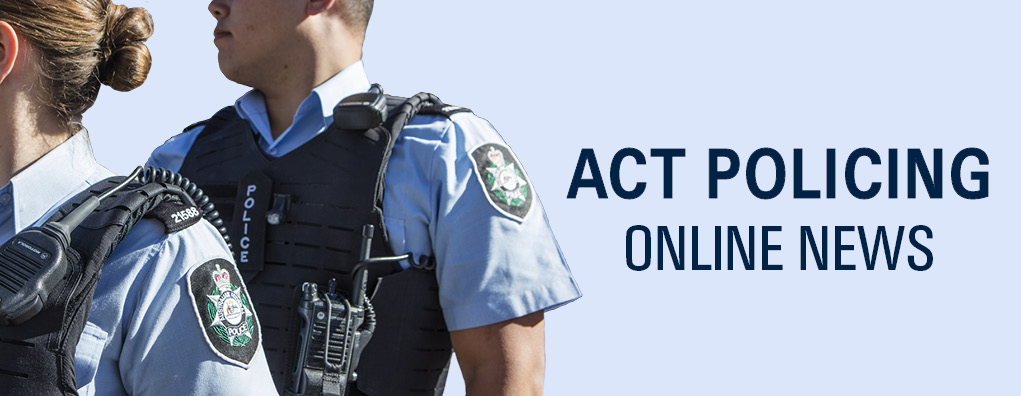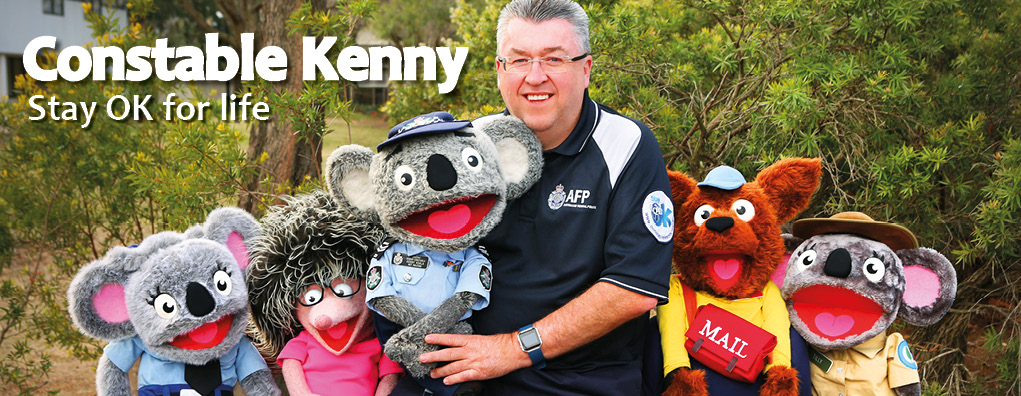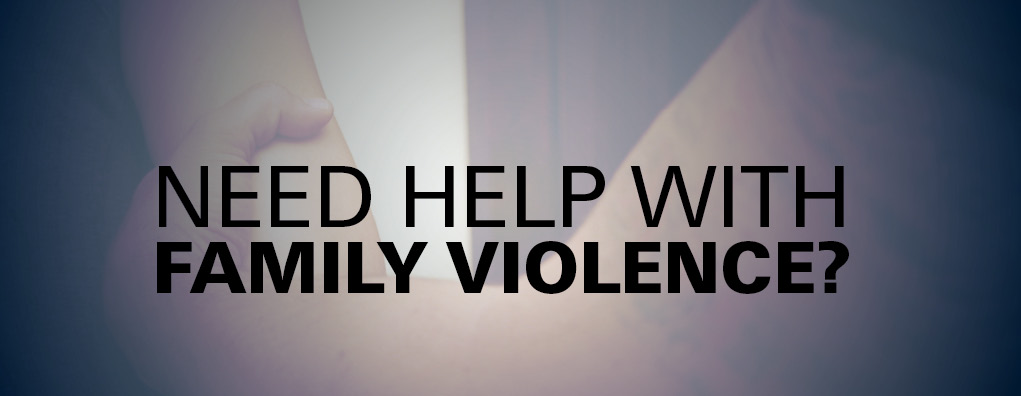Alcohol
On this page:
Alcohol is the major cause of violence and anti-social behaviour around Canberra’s entertainment precincts. If you are involved in an incident you may find yourself with a Criminal Infringement Notice or arrested, charged and put before court.
It is illegal to drive while under the influence of alcohol. For more information, visit the drink driving webpage.
If you or someone you know is experiencing difficulties with alcohol there are a number of support services available who can provide you with assistance.
Territory Targeting Team
ACT Policing’s Territory Targeting Team (TTT) provides high visibility policing around licensed premises and entertainment precincts targeting alcohol fuelled anti-social or violent behaviour that places the safety and security of others at risk. Their aim is to provide a safe environment for both patrons and staff.
The TTT priorities are:
- to prevent and reduce alcohol-related violence
- encourage safer and more responsible drinking behaviours
- engage with licensees and the community to provide a greater awareness of the issues resulting from excessive alcohol consumption
- engage with government agencies to achieve a coordinated approach to tackling alcohol fuelled and anti-social behaviour.
The TTT also conduct activities in support of the Liquor Act 2010 through proactive stakeholder education, engagement and enforcement activities throughout the ACT.
CBR NightCrew
Creating a safe space to help people have a safer night out in Canberra.
As part of their community involvement, St John Ambulance ACT has been providing a safe environment within the Canberra CBD through our CBR NightCrew program.
This program services the Canberra community by providing a safe space for young people in distress in Civic during the night on Thursdays (Daylight saving months only), Fridays and Saturdays and is predominantly provided for the safety of our youth.
The CBR NightCrew safe space tent provides:
- Chairs for people to rest,
- water for hydration,
- advice and assistance for safe transport options,
- basic First Aid
- mobile phone charging, so that people can contact friends or arrange a lift home.
The program operates a safe space behind Platform 5 of the Civic bus interchange on Mort Street and is staffed between 10pm and 2:30am on Thursdays (Daylight saving months only), and 10pm and 4am on Friday and Saturday nights.
Roving teams of volunteers move around Canberra City to help those that come in harm’s way or provide assistance in avoiding it. Canberra is still one of the safest capital cities in Australia, St John CBR NightCrew hopes to keep it that way.
Sobering Up Shelter Canberra
The Sobering Up Shelter (SUS) is a voluntary, confidential service that provides overnight support, care and monitoring for people over the age of 18 recovering from alcohol and/ or other drug intoxication.
The service is staffed by Alcohol, Tobacco and Other Drug Workers and is open every Thursday, Friday, and Saturday night from 11pm to 11am, with last admission at 6.00am.
As well as monitoring overnight, the service provides individualised education, information and support for alcohol and other drug related issues such as:
- The effects of alcohol and other drugs on physical and mental health
- The impact of alcohol and other drugs on relationships, work or study
- Strategies to quit or reduce drinking or drug use
- Harm minimisation
They can also assist with referrals to other services including:
- Detox & withdrawal programs
- Drug and alcohol rehabilitation programs
- Drug and alcohol support services and counselling
- Mental health services
- Supported accommodation
Referrals to the Sobering Up Shelter can be made by individuals, friends, family members, ACT Policing, and the ACT Ambulance by contacting the service directly on 6163 3711 or 0406 377 623. For enquiries contact 6163 7600 during business hours.
Alcohol and businesses
Police regularly consult with licensees in the ACT, particularly around entertainment precincts, with the aim of raising their understanding of the importance of the responsible service of alcohol and working together to discuss strategies to minimise anti-social behaviour and ensure public safety.
We encourage licensees to work with police to ensure they are complying with the requirements of the Liquor Act 2010 including serving alcohol responsibly. Irresponsible service of liquor can potentially contribute to incidents of assault, offensive behaviour and drink-driving.
It is an offence to supply alcohol to an underage person. It is also an offence to supply alcohol to an intoxicated person, if caught you will be issued with a Criminal Infringement Notice including a fine for $110.
ACT Policing’s Territory Targeting Team (TTT) is a licensee’s conduit to ACT Policing and are there to help you fulfil your responsibilities in relation to the Liquor Act. Businesses can email the Territory Targeting Team at alcohol-crime@afp.gov.au.
Know your limits
When you consume excessive amounts of alcohol, you greatly increase the potential of becoming a victim of crime or involved in criminal activity.
Remember to drink and act responsibly by following our safe behaviour tips.
For information on alcohol consumption and driving visit the alcohol and drug impaired driving webpage.
What is a standard drink?
The use of standard drinks as a measure can help people to monitor and exercise control over their alcohol consumption. However alcohol affects everyone in different ways.
Different types of alcoholic drinks contain different amounts of pure alcohol. A standard drink is defined as one that contains 10 grams of pure alcohol. The Department of Health’s Standard Drink Guide can help you determine the amount of alcohol in different beverages.
Remember:
- some hotels don't serve standard drinks - they might free pour resulting in over consumption
- large wine glasses can hold two standard drinks or more
- drinks served at home often contain more alcohol than a standard drink
- cocktails can contain as many as five or six standard drinks.
Alcohol and youth
In the ACT, if you are under the age of 18 it is illegal to:
- possess or consume alcohol in a public place
- buy, possess or drink alcohol on licensed premises
- get someone who is over 18 years of age to buy or supply you with alcohol in a licensed premise or public place. Both you and the person supplying the alcohol have committed an offence
- drive on a learner or provisional license under the influence of alcohol. New legislation restricts you to a blood-alcohol concentration limit of zero. Loss of license and penalties apply
Drinking alcohol is associated with risky behaviours such as:
- riding in a car with a driver affected by alcohol
- risky sexual behaviour and increased risk of sexual coercion
- violence
- using illicit drugs
- self harm
Supply of alcohol to minors
New offences relating to supplying alcohol to people under 18 years of age in private places will come into effect on 19 August 2016.
Changes to the Liquor Act 2010 will mean that it is an offence for a person to supply liquor to a minor in a private place (such as a home) unless:
- the person supplying the liquor is the parent or guardian of the minor or has the permission of the parent or guardian of the minor AND
- the supply is consistent with the responsible supervision of the minor.
This means that an offence would be committed in the following scenarios:
- the parent or guardian of a minor provides the minor with alcohol, in a manner that is not consistent with responsible supervision of the minor;
- a person who has permission from the parent or guardian of a minor provides the minor with alcohol, in a manner that is not consistent with responsible supervision of the minor; and
- a person who is not the parent or guardian of a minor provides the minor with alcohol and does not have permission from the minor’s parent or guardian. In this case it will be irrelevant whether the supply of alcohol was consistent with responsible supervision of the minor.
For more information on what ‘permission’ means, penalties and questions and answers, visit the Justice and Community Safety website.
ACT Policing’s Community Engagement Team regularly visit schools throughout Canberra educating students on the dangers associated with alcohol and drug consumption. If you would like the team to visit your school please make a request via email.
Children caught underage drinking
When a child is caught underage drinking they will be taken into police custody and their parents/carers will be requested to attend the police station. Depending on the circumstance the youth may be provided with the opportunity to undergo an alcohol diversion.
If they are considered for an alcohol diversion they will be contacted by the ACT Health Directorate and will have to attend a one hour education and assessment session with a qualified nurse and be educated on the dangers of drinking alcohol. If the child does not agree to the process, the child may be charged and the matter referred to court.
Police can also consider initiating a prosecution for the alcohol offence. This prosecution may involve a Caution, a Criminal Infringement Notice or a summons to answer the charge in the Children’s Court.
Information for parents
Many parents are concerned that at some stage their children will be exposed to the issue of teenage drinking.
Whether their teenager is planning a party, has arrived home sick and/or drunk, wants to experiment with alcohol for the first time or alcohol has been found among the teenagers belongings, a parents best approach is open communication within their family.
Keep your kids safe by:
- knowing their plans for the evening, who they are with, their transportation method and how to contact them
- calling or sending an SMS during the night to see how they are
- ensuring they do not have access to alcohol in your home
- talking to them about the effects of drugs and alcohol.






